There is such a revolutionary treatment that can not only extend your life, but also protect you from cancer and dementia, help you prevent colds and flu, and reduce your risk of heart disease and stroke.
If you are smart, you should have guessed the answer. This is not a panacea, but a good night's sleep.
Matthew Walker, professor of neuroscience and psychology at the University of California, Berkeley, has studied sleep for more than 20 years, published more than 100 research results, and authored the book "Why We want to sleep? 》(Why We Sleep), is the most well-known top expert in the field of sleep research.
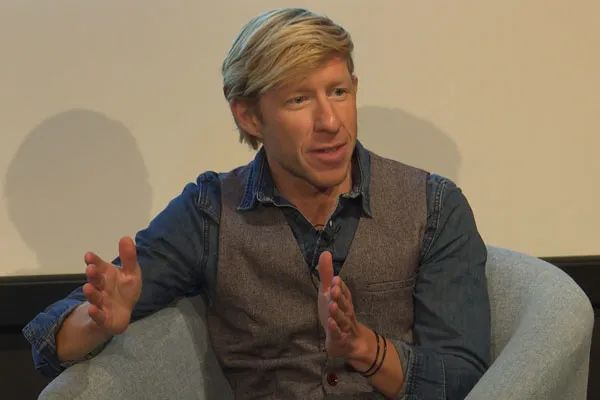
For the sake of health and longevity, we How long should you sleep on average every day?
Generally speaking, adults need 7-9 hours of sleep every day.
Sleep is related to three indicators: sleep opportunity, sleep duration and sleep efficiency. For example, after lying in bed for 10 hours (sleep opportunity) and sleeping for 8 hours (sleep duration), the sleep efficiency is 80% (ratio of sleep duration to sleep opportunity).
In the study, sleep efficiency must be greater than 85% to meet healthy standards. So to get a full 7 hours of sleep, you may need to lie in bed for about 8 hours and 15 minutes. But not everyone has healthy sleep efficiency, so it may take 8-9 hours of sleep opportunities to meet the basic need for sleep.
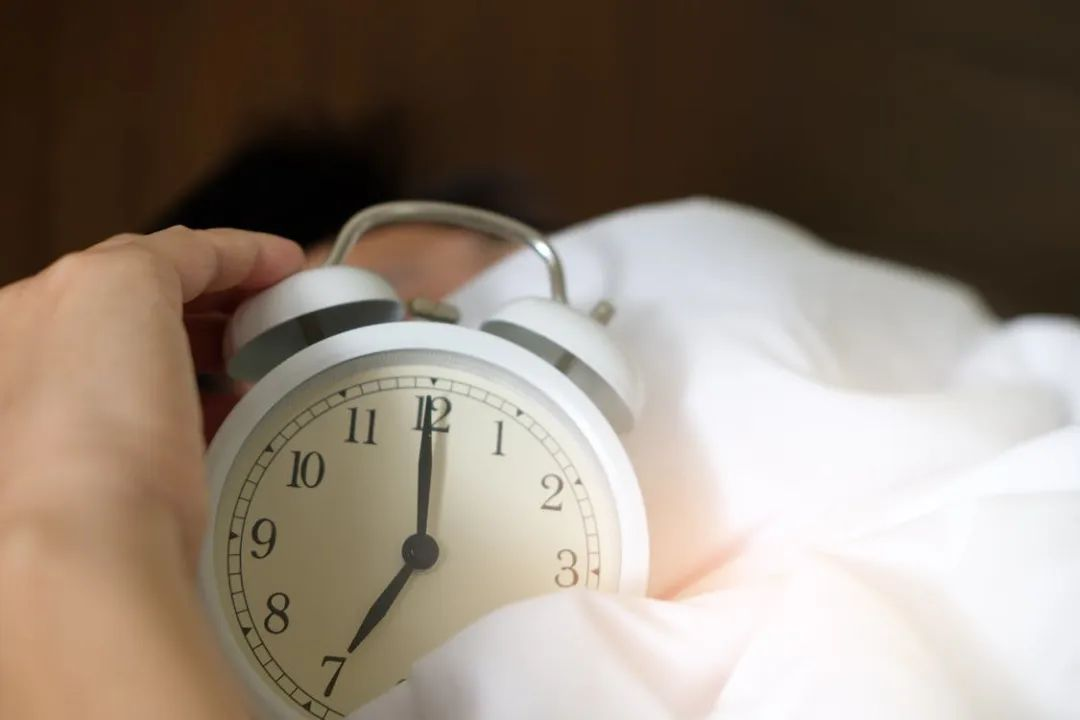
Old people sleep less, is this? Meaning they are outside the 7-9 hour range?
It is a common misconception that the older you get, the less sleep you need.
In fact, people in their 60s, 70s, and even 80s need just as much sleep as they do in their 40s. Older people sleep less simply because their brains are unable to produce the sleep they need, but their bodies still need it.
We know that as we age, it is not only the quantity of sleep that changes, but also the quality of sleep. Non-rapid eye movement sleep, often referred to as deep sleep, is severely affected by the aging process. When we are in our 50s, deep sleep will decrease by about 40%-50%; when we are 70 years old, it will decrease by about 90%.
Sleep is so important, what are the dangers of insufficient sleep?
Simply speaking, it can be thought that the shorter the sleep, the shorter the life span. But in fact, the relationship between sleep and death risk is not linear. It does not mean that the more you sleep, the lower the risk of death. On the contrary, if the average sleep time exceeds 9 hours, the risk of death will increase.
In addition to mortality (lifespan), morbidity (healthy lifespan) is equally important, and lack of sleep increases the risk of many diseases.
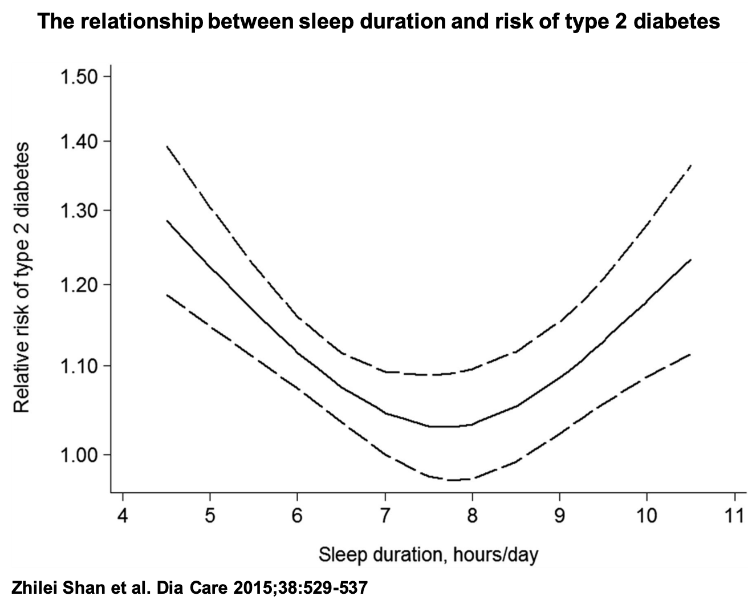
Legend: Losing 1 hour of sleep (baseline is 7 hours) increases the risk of type 2 diabetes by 9%
For example, sleeping less than 6-7 hours per night , will damage the immune system and more than double the risk of cancer. Other studies have shown that men who sleep 5 hours a night have significantly smaller testicles than men who sleep 7 hours or more.
In addition, lack of sleep significantly increases the risk of Alzheimer's disease. I have always found it strange that former British Prime Minister Margaret Thatcher and former US President Ronald Reagan both bluntly (even somewhat proudly) stated that they only slept 4-5 hours a day, and everyone knew the result. They diagnosed Alzheimer's disease.
Trump is also someone who only sleeps a few hours a day, so he may want to pay attention (the editor can’t help but add a note: Sohu CEO Zhang Chaoyang only sleeps a few hours a day) sleep 4 hours).
Can the health hazards caused by lack of sleep be compensated by getting more sleep?
Sleep is not a bank, and lost sleep is not like a debt that can be paid off in one fell swoop at some point in time.
Humans are the only species that deliberately deprive themselves of sleep, which means that Mother Nature has never faced such a challenge in the entire process of evolution, no Corresponding remedies evolved. This is why our brains and bodies break down so quickly when we don’t get enough sleep.
So how do we judge whether we are sleep deprived?
Apart from extreme cases, most people need a clinical sleep assessment to determine, but we can also make a simple judgment through two questions.
First of all, after waking up in the morning, is it possible to fall asleep again at 10 or 11 am? Secondly, can I stay energized if I don’t drink coffee in the morning?
Generally speaking, if we can fall asleep again after waking up, or if we need caffeine to stay awake, it is basically a lack of sleep.
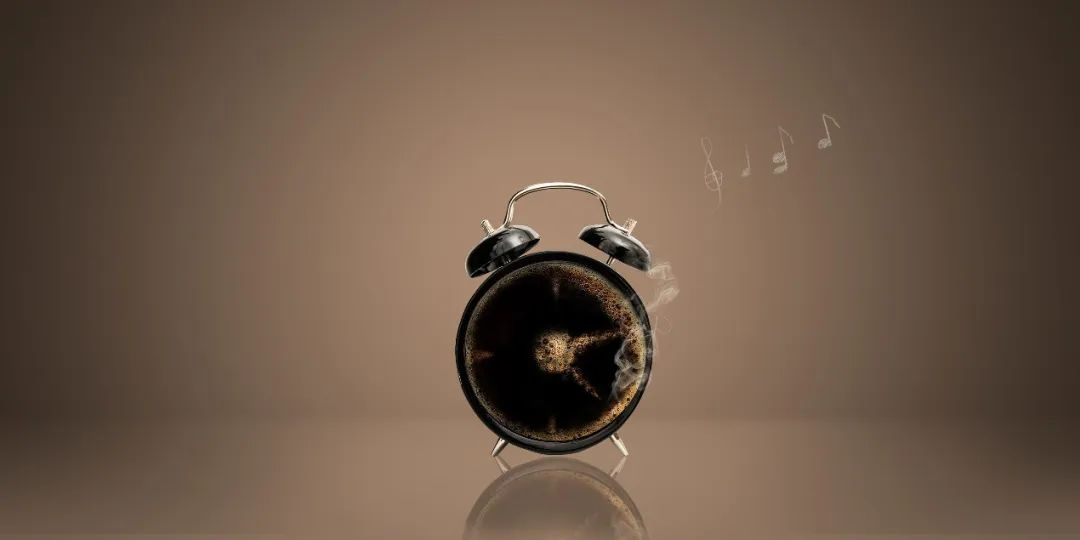
Illustration: Walker pointed out that even if the coffee after dinner does not cause insomnia, caffeine will affect deep sleep Status
The scary thing is that when we don’t get enough sleep, we often don’t notice the problem. If we don’t get enough sleep for a long time, we are likely to adapt to the problems it brings, such as reduced alertness, decreased energy, and poor performance, thinking that this is a normal state, thereby ignoring the harm that lack of sleep does to our minds and bodies.
What do you think of sleeping pills and other sleep aids?
I believe that all legal (or illegal) sleeping pills on the market today, old and new, belong to the same class of drugs: sedatives. But sedation does not equal sleep, and sleeping pills cannot induce natural sleep. If we observe the sleep electrical signal after taking the drug, we will find that it is different from that during normal sleep.
Let me be clear, I am not against the use of medication to treat insomnia. If there was a sleeping pill that could induce natural sleep in people, and the benefits far outweighed the health risks, I would definitely support it, but no such drug currently exists.
Are there some common sense about sleep that the public thinks is wrong?
There are many such things, such as the widely circulated hypnotic method of counting sheep, which not only fails to speed up falling asleep, but also prolongs the time to fall asleep.
But researchers have also discovered something that can help us fall asleep: a mental walk. Imagine yourself going out and walking down the steps, maybe in the forest, maybe on the beach, and imagine every step of the walk. Often when you are conscious again, it is already the time for the alarm clock to ring the next morning.
As a sleep expert, what good sleep advice do you have for everyone?
What I personally recommend most is a fixed sleep time. Whether it is a weekday or a weekend, go to bed and wake up at a fixed time.
Of course, the premise is that we have to determine which sleep type we belong to: early to bed and early to rise, late to bed and late to rise, or somewhere in between. Optimum sleep can only be achieved when the type of sleep we have is consistent with the actual hours we sleep.
To test your sleep type, you can search for the MEQ (Morningness-Eveningness Questionnaire) questionnaire on Google and spend 3-4 minutes testing which sleep type you belong to.
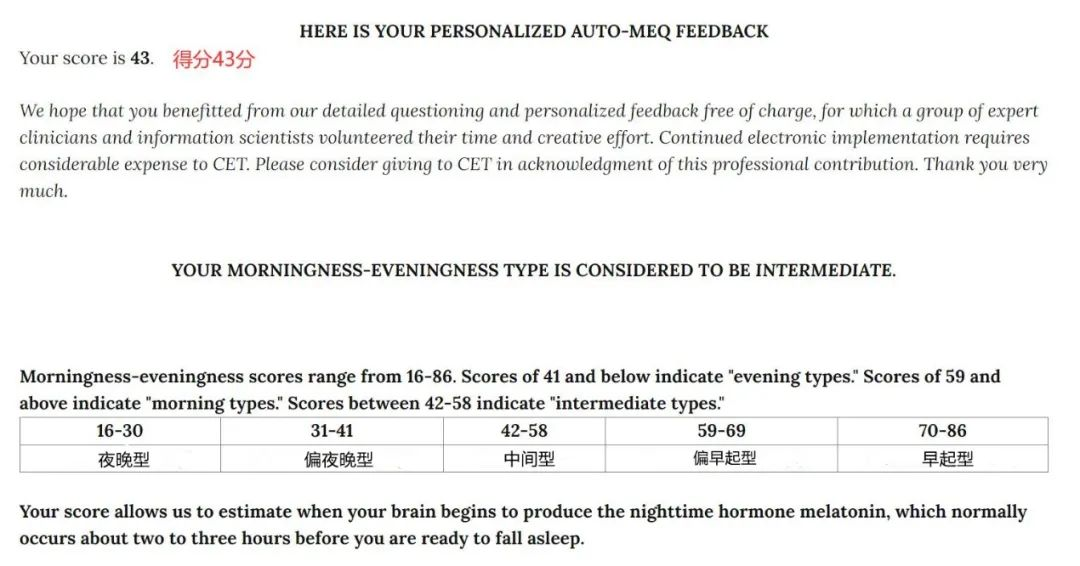
Picture note: Paipai's test score is 43, which is an intermediate type. The recommended bedtime is 12:15 am.
Another way is to ask yourself: If I were on a desert island now, with no job, no pressure, and no other people, what would happen in this situation? What time do you go to bed and what time do you get up. Then we will find that the answers given may be very different from the daily schedule.
Someone once came to me and said that he suffered from severe insomnia and had to lie in bed for 1-1.5 hours before he could fall asleep. Through testing, we found that his sleep type is late to bed and late to rise, and it is better to fall asleep at 12 o'clock or 12:30 at night. But in fact, because he has to get up at 6 o'clock in the morning to go to work, he is in bed at 10 o'clock in the evening.
His inability to sleep was not due to insomnia, but because the sleep type and sleep time were inconsistent. After the adjustment, he slept much better.
Sleep has many health benefits, and lack of sleep can harm physical and mental health, but most people still admire those who are energetic and do not need a lot of sleep. What do you think about this?
TodayOur society and culture are very strange, often equating adequate sleep with laziness. However, when it comes to babies who sleep almost all day long, no one calls them lazy.
The reason is because we know that adequate sleep is essential for babies; but for adults, we no longer think that sleep is a necessity. Even proud of myself for not getting enough sleep.
From a public health perspective, our sleep situation today is very similar to smoking 50 years ago: scientific knowledge tells us how bad the consequences of sleep deprivation are, But scientists have not yet succeeded in changing the mindset of the general public to have any impact on social policy. But I believe this will change soon.